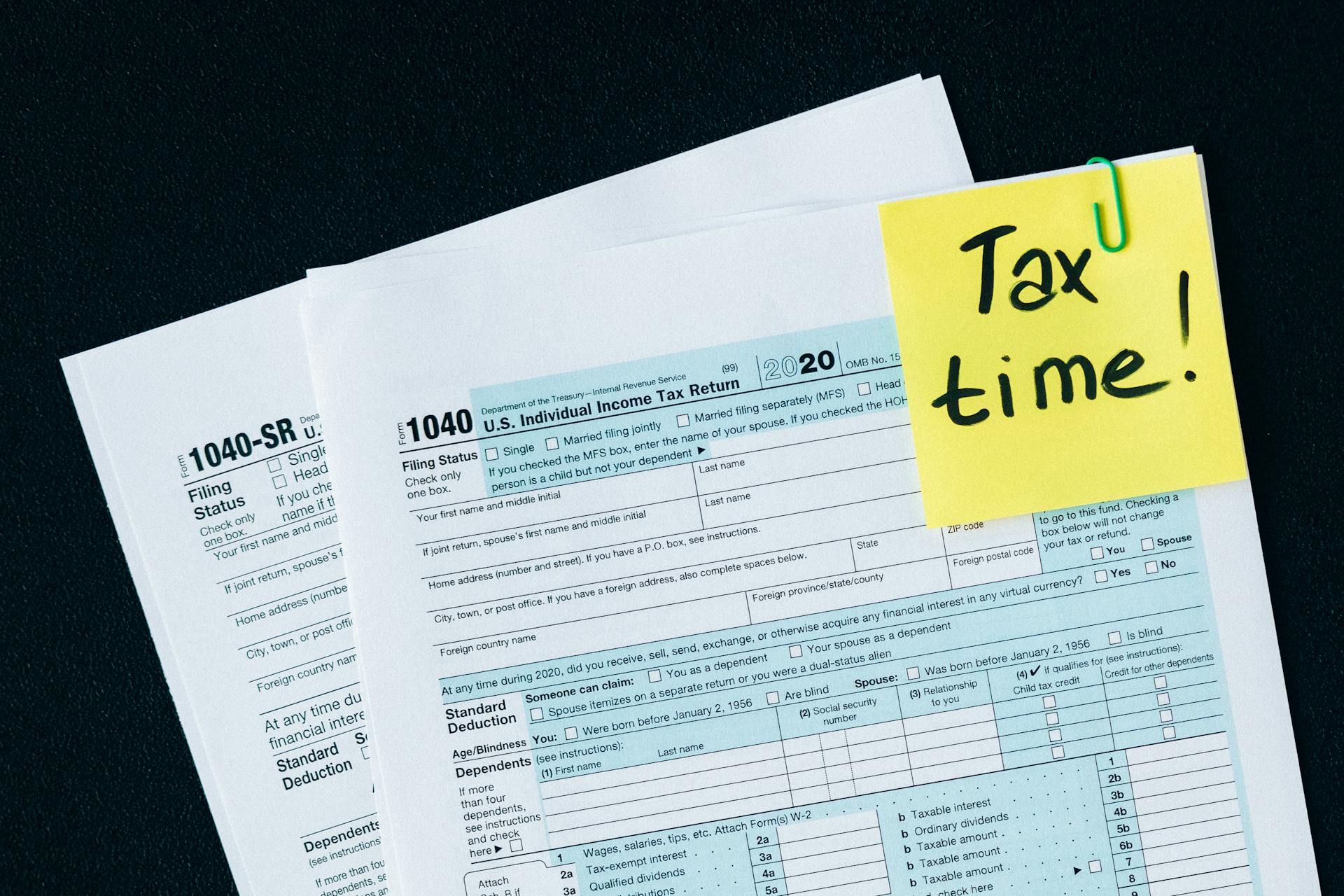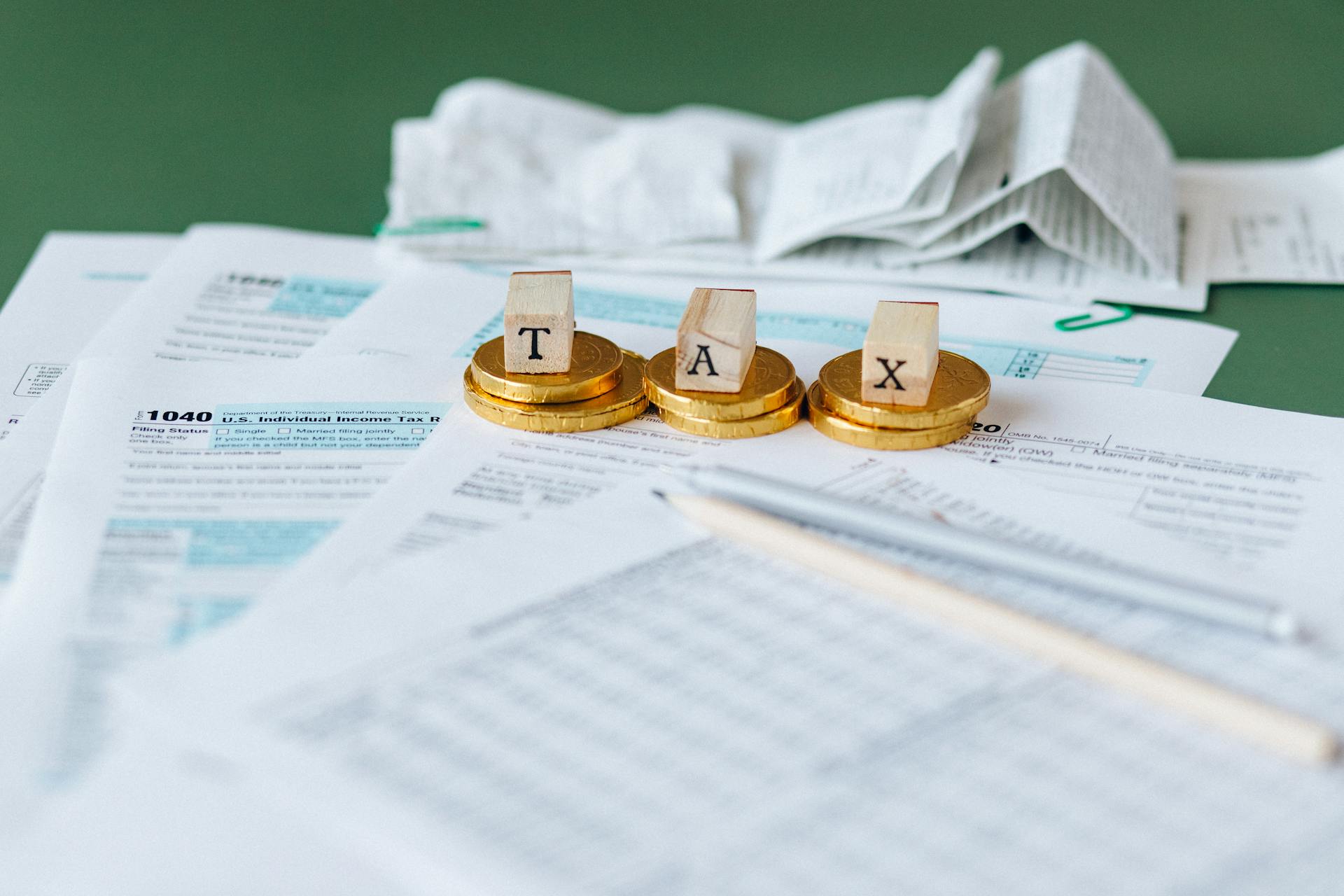
What is 1099 tax form? IRS 1099 Tax Forms are used by individuals and organizations to report certain types of income other than wages, salaries, and tips. This form is mainly used for non-employee compensation such as payments made to independent contractors or self-employed workers. Any person or business that pays an individual at least $600 in the year must file a 1099 with the Internal Revenue Service (IRS).
The 1099 form serves as a record for any money received from a third party during the prior tax year. With this information, the IRS can keep track of income not reported on W-2 forms and ensure that taxpayers pay the accurate amount of taxes owed. As required by law, anyone who receives a 1099 should include it when filing their taxes.
Failure to report taxable income can have serious consequences including paying hefty fines or even facing criminal prosecution. If you receive a 1099, it's important to understand what it means and how it fits into your overall taxes. It's also important to know what type of information will be included on the form in order to properly calculate your taxes.
Take a look at this: Minimum Dividends to Report on Taxes
Unraveling the Mystery of What is an IRS 1099 Tax Form
Have you ever wondered what the mysterious IRS 1099 form is? It is a tax document that an employer or payer gives to individuals and entities they have paid during the year. The payer fills out the 1099 form and sends copies to the IRS and to the person or entity who received payments from them. Understanding this form can be confusing but it's important for filing taxes properly. Keep reading to learn more about 1099 forms!
Broaden your view: What Is Irs Form 843
Unpacking the Meaning of a 1099 Employee
The phrase 1099 employee generally describes an independent contractor, which is also often called a self-employed worker. Working as an independent contractor means that the person reports income paid directly to them by their employer, and the employer sees them as a business rather than an employee. This allows independent contractors to have different rules and regulations in their workplaces compared to those of typical employees.
A 1099 tax form is used to report income from these independent contractors. It helps employers keep track of the payments made for independent contractors’ services and allows self-employed workers to report their own earnings accurately. By understanding what a 1099 employee means, both employers and self-employed people can be confident that they are handling taxes correctly.
Additional reading: Do You Report Credit Cards on Taxes
Uncovering the Ten99 Forms You Didn't Know Existed

Did you know that there are specific 1099 forms beyond the more commonly known 1099-MISC? Understanding these forms and their purpose can help you file your taxes with greater accuracy.
The 1099-A form is used when an acquisition of secured property occurs, such as when a lender takes possession of a home or other real estate. The 1099-B form reports proceeds from broker and barter exchange transactions. The 1099-C form is issued to report cancellation of debt, which happens when a loan is discharged for less than full payment and the difference is forgiven. The 1099-DIV form reports dividends and distributions from corporate control changes in capital structure, while the 1099-H reports health coverage tax credit (HCTC) advance payments made by government agencies. The 1099-K form records payments made through third party networks and debit cards, while the 1099-LS tracks reportable life insurance sales.
Finally, there are several other forms to be aware of such as the 1099-LTC (long term care and accelerated death benefits) and the 1099-OID (original issue discount). Other forms include the 1099-PATR (taxable distributions received from agricultural programs), the 1099-Q (payments from qualified education programs like sections 529) ,the1099-SA (distributions from HSAs, Archers MSAs, or Medicare Advantage MSAs), and the1099-SB (seller's investment in life insurance contracts). Knowing about all these different forms can significantly reduce your stress during tax season!
Intriguing read: When Is Estate Tax Return Required
Gig Workers: Unlocking the Secrets of Tax Success
Gig workers need to understand the secrets of tax success in order to maximize their deductions. Using a product like Turbotax Self-Employed can help gig workers unlock the secrets of 1099 tax forms and find up to 500 tax deductions. This is an excellent way for gig workers to reduce their taxes, increase their refunds, and stay on top of their financial obligations.
Worth a look: 401k Tax Deductions Work
1. Looking for more information?
Are you a 1099 contractor, freelancer, or rideshare driver needing to know more about filing taxes? We’ve got you covered. With so many tax forms and calculations, it can seem overwhelming. Here’s a look at the 1099 tax form and some tips to help make smart financial decisions. From Form 1099-OID to Form 1099-NEC and everything in between, we have the resources you need. You can use our TaxCaster Tax Calculator or TurboTax Customer IM to easily calculate your tax rate and estimate your income. With our W-4 Withholding Calculator, you can find out if you're withholding too much or too little from your paychecks so that you can get a bigger refund. Our Self-Employment Tax Calculator makes it easy to estimate self-employment taxes. Plus, discover surprising deductions with our Self-Employed Tax Deduction Calculator and find out how to maximize charitable donations with the Charitable Donation Calculator. Don’t forget about Crypto! Use our Crypto Calculator to estimate capital gains and losses from cryptocurrency sales anytime throughout the year. Get started on your taxes today!
Suggestion: 1099 Misc Form
Discovering the Different Types of 1099 Forms
Are you curious about the different types of 1099 tax forms? The IRS refers to these documents as "information returns," and here's a basic rundown of the most common form 1099s. From 1099-MISC for independent contractors, to 1099-DIV for dividend payments, get familiar with what each form covers and how they affect your taxes.
Uncovering the Purpose of a 1099 Form

The 1099 Form is an important IRS form that every taxpayer should be aware of. It helps taxpayers better understand their tax obligations and provides essential information for filing a tax return depending on the type of form.
Form 1099s are used to report income other than wages, salaries, and tips, such as self-employment income or income earned from investments. This information is then used to help determine the taxpayer’s tax bill. Checking if you’ve received any 1099 forms is a key step in preparing your taxes each year, and a handy tax calculator can help you figure out what deductions or credits you may qualify for.
Explore further: Information Form
Frequently Asked Questions
How to prepare and file IRS Form 1099-MISC?
Preparing and filing an IRS Form 1099-MISC is easy and straightforward. All you need to do is gather the necessary information, enter it into the form, and submit it to the IRS. For detailed instructions, check out our comprehensive guide on how to prepare and file Form 1099-MISC.
What is the purpose of a 1099 form?
A 1099 form is an IRS document used to report independent contractor income. It's an important record of your self-employment earnings, so it's essential to file it accurately. Learn more about how 1099 forms work and how they can benefit you.
What are the rules for filing a 1099?
The 1099 form is used to report income earned from independent contractors, and there are specific rules for filing it. To ensure accurate reporting, familiarize yourself with the IRS’s requirements for filing a 1099 form.
Who does not get a 1099 MISC?
Small business owners and individuals who earned less than $600 from a single payer during the year generally do not receive a 1099 MISC. However, it's important to review your individual circumstances as there may be other requirements that may apply.
Who is exempt from receiving a 1099 form?
Individuals who earned less than $600 in a given year are exempt from receiving 1099 forms. However, if you are unsure of your status, it is best to consult a tax advisor for more information.
Featured Images: pexels.com

